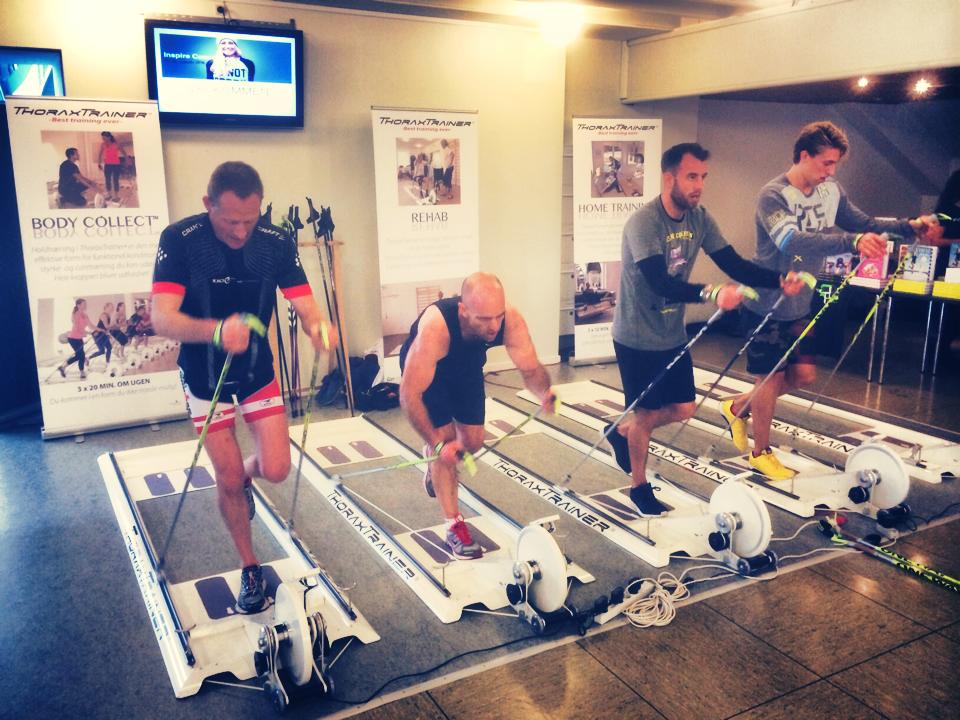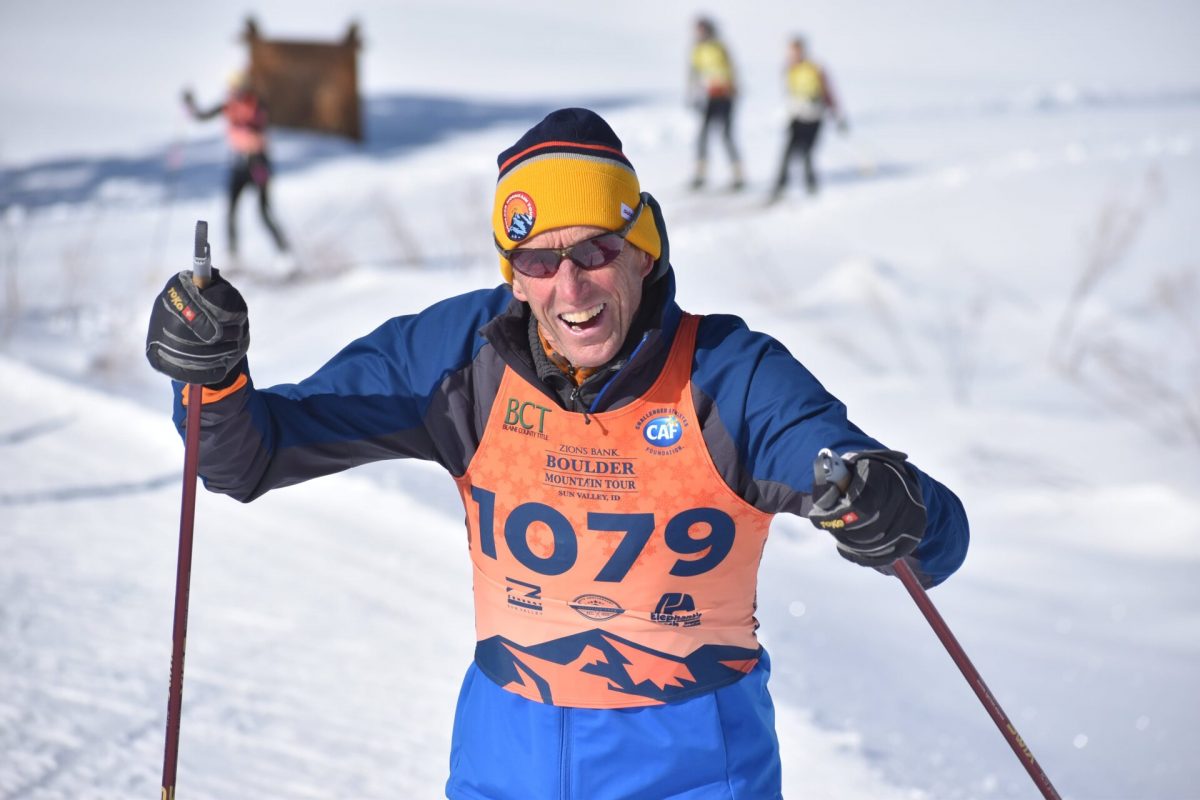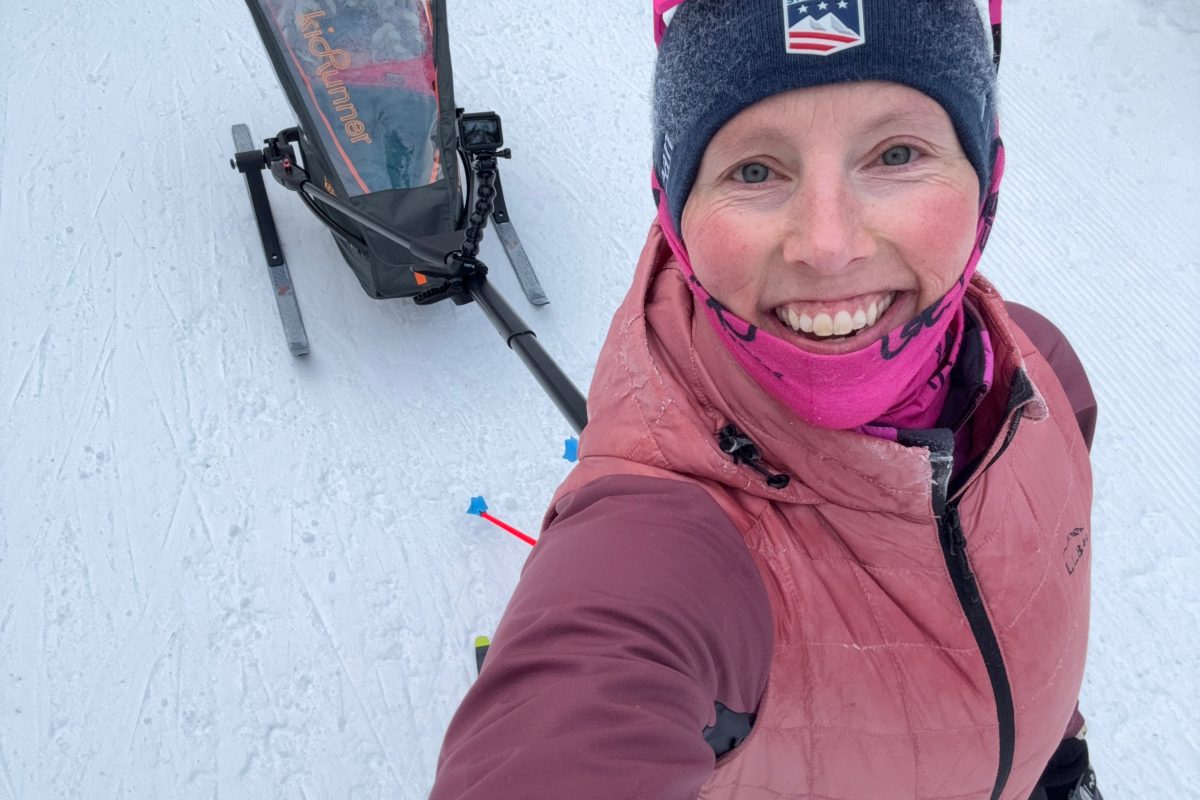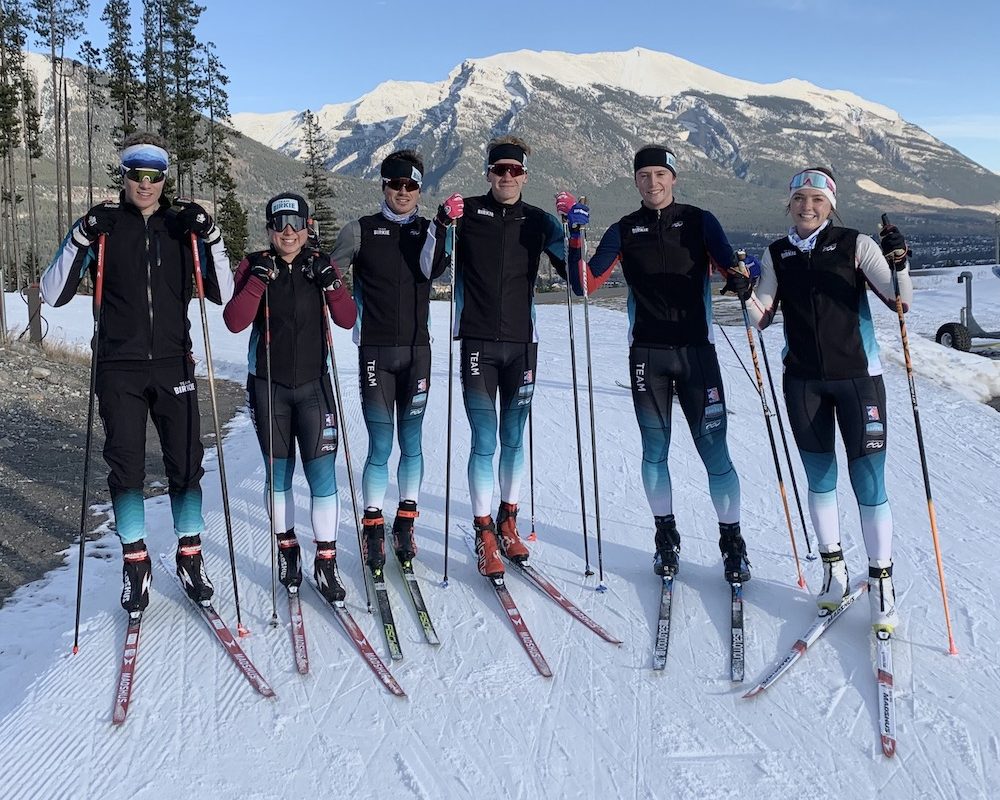You’re working out hard, following a training plan built in accordance with your specific goals for the upcoming race season. All is well, but something is missing. You’re lacking that extra motivation, a simple spark so many endurance athletes tend to lose along the rocky road to personal gratification. How about measuring yourself against the best athletes in the world? While some will find no interest entering such an unmatched contest, others may welcome this unique opportunity.
The best part of it all: you get to set the date, time and place to face the virtual elite pack. Virtual, yes, as you’ll be doing it all alone. No eyes to witness the rivalry. No roars from fans to elevate you in the middle of your improbable feat. Only a magic number to reach, or in a few cases, to beat.
In recent years, specific challenges using simple technology started emerging in endurance sports, with professionals participating and setting the bar high. Since 2005, Trail Runner magazine has hosted the Uphill Challenge head-to-head competition at the Summer Outdoor Retailer show in Salt Lake City.
Sixteen elite-level runners, male and female, compete on side-by-side treadmills for 15-minute stints at 15-percent incline. The runner to cover the greatest distance is crowned champion. American ultra-trail runner Sage Canaday, a two-time Olympic marathon qualifier who holds the American record in the Mount Washington Road Race, managed to run an impressive 1.92 miles. In the women’s treadmill challenge, Cynthia Fowler won with a distance of 1.46 miles.
What: Trail Runner magazine’s Uphill Challenge
Where: Anywhere you can get on a treadmill for 15 minutes
Who: Anyone who feels comfortable running on a treadmill at a massive incline
How: Warmup appropriately, then set your treadmill at 15-percent incline, and go! Goal is to run as far as possible in 15 minutes, so either pick a pace and stay there or gradually ramp up to the highest speed you can sustain (techniques can vary, but don’t hurt yourself!)
In an email, Canaday explained how the uphill challenge benefited his race prep.
“I think it is one of the most specific workouts you can do to indicate how well you’ll fare at the Mt. WA road race,” he wrote. “The Challenge is something that I’d probably only do twice in a season to prepare for a race. It is a good, nearly 100% Vo2max type of stimulus/test that shows me how well I can climb on a steep slope.”
He recommended separating the challenges by five to eight weeks to show improvement.
“It is such a short and intense workout and the incline is rather steep so it’s best to do other, longer workouts on a more moderate incline (i.e. 10%) for longer periods of time in between these super hard efforts,” Canaday wrote. “Also, in preparation for the challenge is recommended to do some easy paced uphill running at 10-15% incline to help prevent injury!”
So not only does this short intense workout enables one to compare his results with the best, it can serve as a simple and accurate fitness gauge before upcoming races.

Similar challenges can also be found in nordic skiing and mostly involve double poling.
The ThoraxTrainer challenge in Norway has attracted some strong skiers. In 2012, Sweden’s Jerry Ahrlin, from Team Xtra personell, set the record in the 5000-metre double-pole contest in 13 minutes, 41 seconds. Ola Vigen Hattestad, Norway’s most successful cross-country sprinter, set a world-record time of 1:09 in the 500-metre challenge.
So, what are you waiting for? Hit the treadmill or a ski-specific trainer and get motivated!



